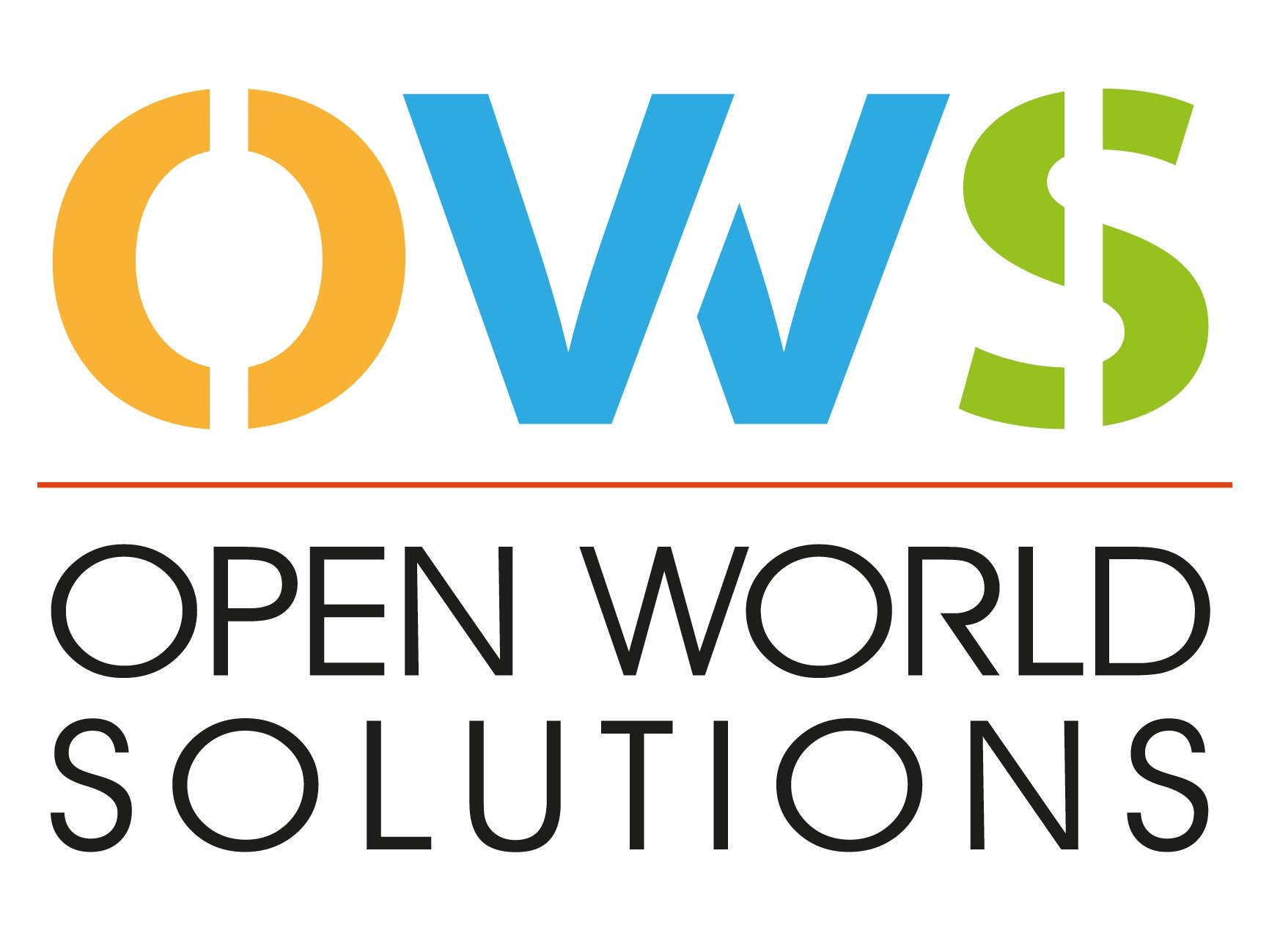The Future of International Education Mobility: A Call to Action
{For an in-depth discussion of these and other topical issues in the international education field, please join us on Tuesday, November 19th at 2:00 pm EST for Open World Solutions’ special IEW Tuesday Tea discussion. Registration}
Another International Education Week (IEW) is upon us. Those of us in the field can usually take comfort in the traditional release of Open Doors data on the Monday of the week. It provides a forum to come together and discuss the state of the field and make plans for the future.
This year, given world affairs, I am approaching IEW with much anxiety. Not for the Open Doors numbers, which are sure to point to a continuing rebound in international mobility numbers after Covid. But for what the numbers probably won't be able to tell us: where the field is heading. And I will emphasize that I would have this anxiety independent of the U.S. election results. The field has been too slow to react to changing global forces (let alone anticipate them).
I recently attended the EAIE conference in Toulouse. It was the first time I attended that conference since before Covid. I was both excited and worried by what I saw: excited that the exhibition space was buzzing with new efforts to expand global education and the advent of innovative forums for debate and collaboration, such as the outdoor lounge space.
But in the formal sessions, I was hearing exactly what I have been hearing for over a decade. Presenters were lamenting that Americans are (1) coming for shorter periods of time and (2) aren't interested in studying in local languages. They were then wringing their hands about how to increase access to international education opportunities. Few solutions were put forward and innovation was non-existent.
This experience led me to develop the following call to action. Open World Solutions’ 3-Point Call to Action is not a fantasy wish list but rather a concrete set of activities that are realistic and achievable in near to medium term. If we can accomplish these action items over the next couple of years, I am confident that we will have moved the needle in the international education field.
Point 1. Fully Embrace The Data Revolution. Open Doors and other sources of data on international mobility are a treasure trove of information that can be used to anticipate changes and drive resource investment. Open Doors alone has 75 years of data and if this were leveraged with broader economic and political data it might provide extensive insights into the future of the field. I would recommend conducting a longitudinal analysis of the enrollment data within the broader context of seminal world events, global economic shifts, social and economic policy shifts within critical regions and countries, and other data, to forecast projections of future student flows. If we were able to do this, it would be a game changer for the field, allowing us to allocate our limited resources more strategically and advocate for policies to expand international mobility.
Point 2. Innovate Program Models. The pandemic made it abundantly clear that while higher education is national in orientation, the nature of the workplace is increasingly borderless. While students are still studying at universities with funding and accreditation/quality assurance that is national in scope, they are working globally across borders as part of international teams. I live in Berlin, Germany, the tech and political capital of Germany. Here and in many other global hubs, the workforce is completely global. Higher education modalities have not kept pace; the tertiary-level student generally completes their studies at one institution in one country, much as they have for decades. There are a few innovative models breaking this mold that can serve as a guide going forward, but we urgently need to further innovate and scale up new initiatives.
Point 3. Hold a Summit Focused on Non-Traditional Students. The international education field is rightfully concerned about increasing access to global education opportunities and breaking down the perceptions that international education is only for the wealthy and other elites. We need to increase collaboration and expand discussions on how to serve this community, and thus I propose holding a high level summit, solely focused on non-traditional students in higher education and how we can provide universal access to international education opportunities. This is perhaps something the various international associations (NAFSA, AIEA, APAIE, AMPEI, EAIE, etc.) can take on as a joint effort.
If you are interested in these ideas and others, please join us and other international education leaders for Open World Solutions’ (OWS) Tuesday Tea discussion on November 19, at 2:00 pm EST. Registration
